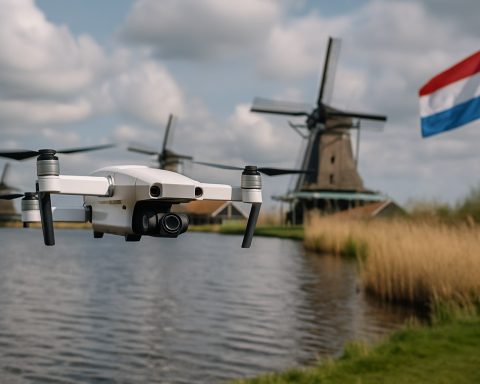In a tense standoff that could impact tech markets, Indonesia has put the brakes on iPhone 16 sales due to local production laws. Despite Apple’s ambitious $1 billion investment plan, including a proposed AirTag factory, the tech giant has not satisfied the nation’s local content requirements.
Local Content Conundrum: At the heart of the issue lies Indonesia’s mandate that smartphones sold within its borders must contain at least 35% locally produced components. Apple’s plan to manufacture AirTags, which are mere accessories for tracking items, does not suffice, explained Industry Minister Agus Gumiwang Kartasasmita. This restriction prevents the government from granting Apple the necessary local content certificate.
Though the government refrained from taking stringent measures against Apple, it has communicated a counterproposal. Apple’s efforts to set up a factory on Batam Island by 2026, which would only produce AirTags, are viewed as insufficient progress on its local impact promises.
A Standoff with Potential Consequences: While negotiations are ongoing, non-compliance could eventually lead to penalties for Apple, though Minister Agus is optimistic about finding alternative solutions. He acknowledges that their engagement with Apple has catalyzed innovative investment offers, yet the government remains adamant about enforcing its regulations.
Although Apple has successfully established application developer academies since 2018, it lacks manufacturing capabilities in Indonesia, which boasts a 280 million-strong consumer base. Continued dialogue with Nick Ammann, Apple’s VP of government affairs, is anticipated as both parties seek a resolution.
Will Apple’s Standoff with Indonesia Alter Tech Investment Strategies?
As global tech markets keenly observe, Indonesia’s bold move to halt iPhone 16 sales showcases an emerging trend where nations prioritize stringent local production laws to foster economic growth. At the crux of this situation is Indonesia’s regulation mandating that smartphones sold domestically must integrate at least 35% locally sourced components, a requirement Apple has yet to fully meet.
Innovations in Local Production Compliance
As tech companies like Apple adapt to increasing local content demands, innovative strategies in production planning are emerging. The industry sees potential in localized component supply chains, which could cater to both regulatory requirements and offer economic advantages through reduced import costs and faster production cycles. If companies commit to enhancing local manufacturing capabilities, using regional suppliers can translate into a more resilient production process.
Market Analysis: The Implications for Global Tech Companies
The situation in Indonesia could serve as a blueprint for other nations considering similar manufacturing policies. Analysts predict that enforceable local content laws could reshape the investment priorities of global tech giants. If Apple successfully meets Indonesia’s demands, it may set a precedent for companies to preemptively adjust their strategies, focusing on building regional partnerships to comply with local laws and regulations.
Pros and Cons of Local Content Requirements
Pros:
– Economic Growth: Encourages investment in local industries and job creation.
– Supply Chain Resilience: Reduces dependency on international suppliers.
– Alignment with Sustainability Goals: Encourages eco-friendly practices through reduced shipping needs.
Cons:
– Increased Costs: Companies may face higher expenses due to establishing local facilities.
– Implementation Challenges: Can be difficult for sectors with complex supply chains.
– Potential Trade Barriers: May deter international companies from entering the market.
Predictions for the Future
Industry experts foresee that the tech sector will increasingly be subject to regional manufacturing policies as countries aim to bolster their economies. They predict a rise in hybrid manufacturing models where a global template takes form by integrating local components as needed, creating a win-win scenario for companies and host countries alike.
Comparisons and Use Cases
Indonesia’s situation shares similarities with India’s strategies, where local production has become a cornerstone of market entry for international firms. Both countries leverage vast consumer bases to negotiate tailored agreements with tech giants, leading to commitments like job creation, infrastructure development, and training programs.
Conclusion
Indonesia’s firm stance is a clear message to the tech industry: adaptation is non-negotiable. As Apple and similar companies continue to address such challenges, they must innovate and invest strategically to meet regulatory demands. This complex dance between compliance and innovation will likely define the landscape of global tech investments in the coming years, with significant implications for multinational operations and local economies alike.
For the latest business strategies and innovations from Apple, visit the Apple website.















